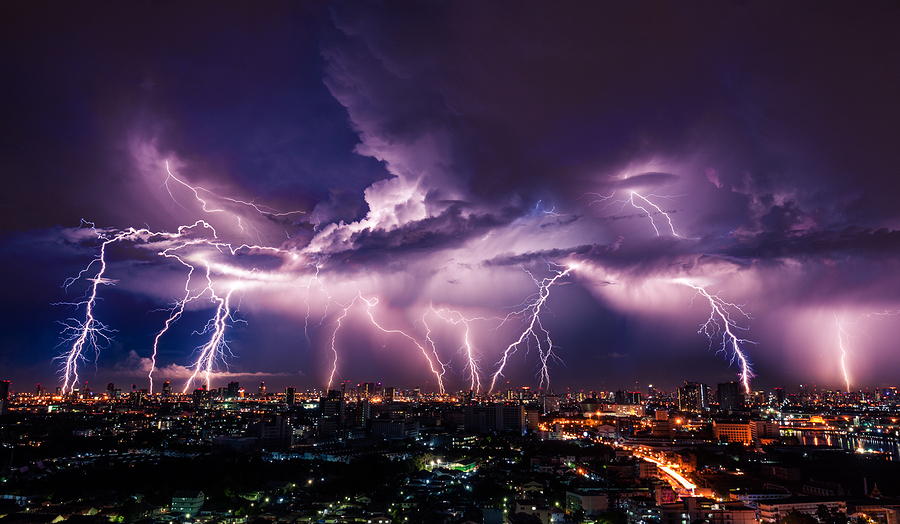- Make It Yourself Lavender Heart-Shaped Bath Bombs!
- 20 Things You Never Knew About “Down There”
- 12 Best Foods For Those Suffering From Arthritis Pain
- 12 Personal Hygiene Mistakes Almost Everyone Makes (Mom Never Told You About #4!)
- 15 Medicinal Plants And Herbs From The Cherokee People
- 12 Mind-Blowing Benefits Of Drinking Coconut Water During Pregnancy
- 12 Outstanding Winter Foods That Won’t Fatten You Up Like A Christmas Turkey
Extreme Weather, Natural Disasters And Health – What You Need To Know!

Photo credit: bigstockphoto.com
When a natural disaster strikes, our attention is often drawn to the lives lost, destroyed homes, flooded roads and other damage to infrastructure. But the damage caused by natural disasters isn’t limited to the event itself. Earthquakes, tsunamis, hurricanes and other such events often usher in massive public health disasters, which continue long after the storm has passed. In this article, you’ll learn about the often-overlooked effects of natural disasters on physical and psychological health. We’ll also cover the role that climate change might be playing in the frequency of such events, and the new technologies and steps that the public can take to protect themselves in the event of these disasters.
When extreme weather events like hurricanes, floods or tsunamis occur, or a natural disaster like an earthquake happens, the first group of casualties is those who are wounded or killed during the actual event. Others may be killed or hurt by secondary effects of the disaster – for instance, people can be electrocuted due to power lines that came down during a storm after that storm has passed, or suffocate under rubble after an earthquake. Most people who die as a result of a natural disaster die during the event itself, or within one hour of the disaster striking. In most disasters, it’s very difficult to get help onto the scene within that first hour.
One of the biggest health risks associated with natural disasters is the outbreak of communicable diseases. In some cases, this is due to floodwater which may be contaminated with sewage and other pollutants. The general breakdown in public health infrastructure following a natural disaster can also be a contributing factor. This can be deadly anywhere, but the effects will be most pronounced in developing countries, which may not have good sanitation or public health systems in place to begin with.
Diseases like cholera and malaria can spread rapidly in these conditions. These illnesses, as well as other health problems, can also be exacerbated by lack of access to clean water or food, which often happens after an extreme weather event.
For some people, the worst health problems that affect them because of a natural disaster are unseen. These types of events can have harmful effects on the mental health of survivors as well. Many people who survive a disaster can be emotionally traumatized by their experience. Post-traumatic stress disorder, or PTSD, can be very debilitating. In many cases, psychological trauma isn’t diagnosed until months after the event, since victims are often in shock during a disaster and in the immediate aftermath.
Continue to Page 2




























